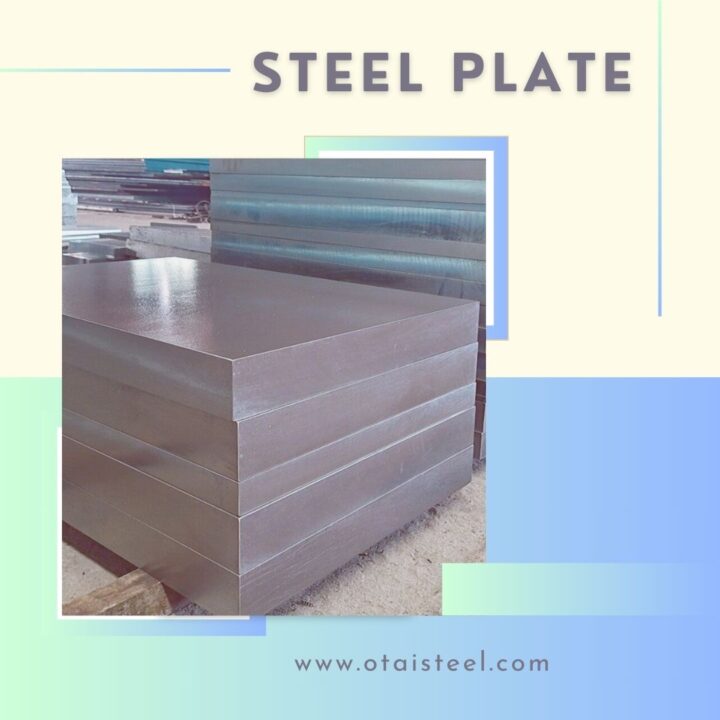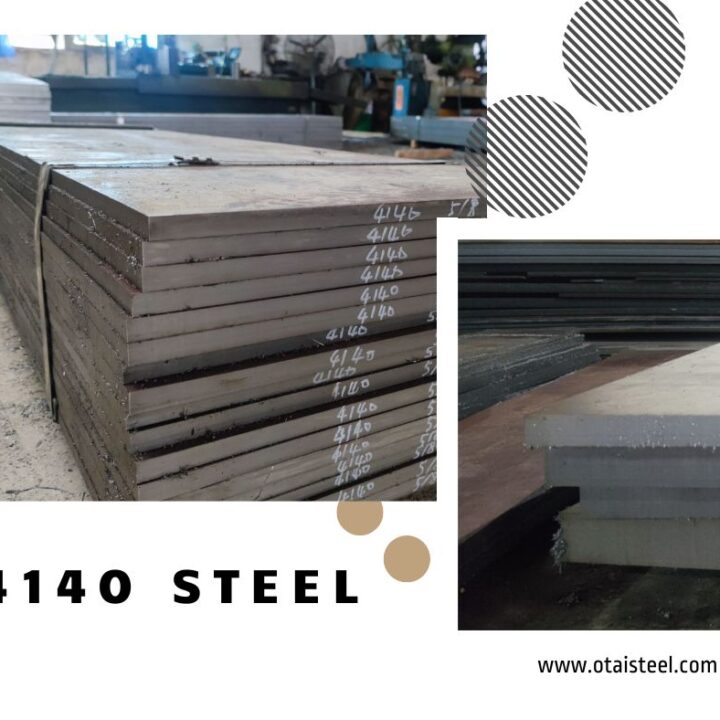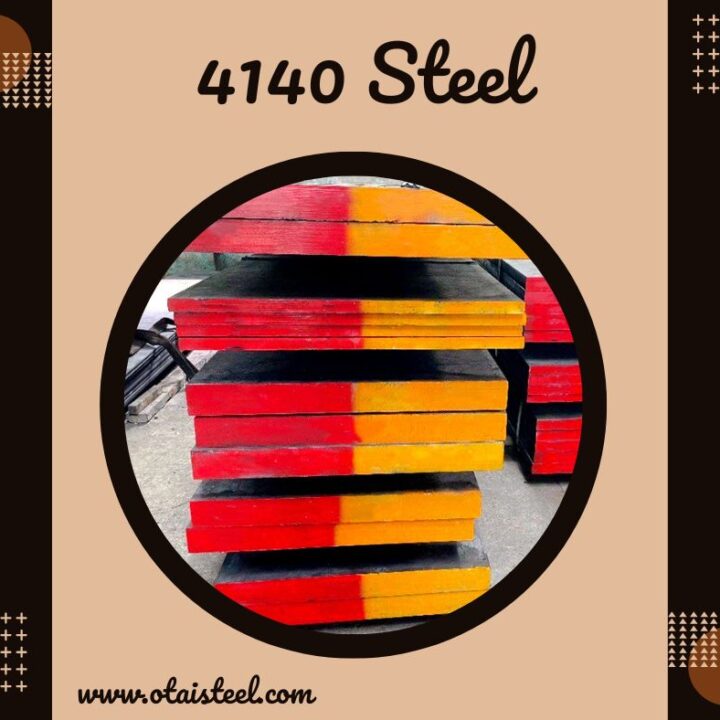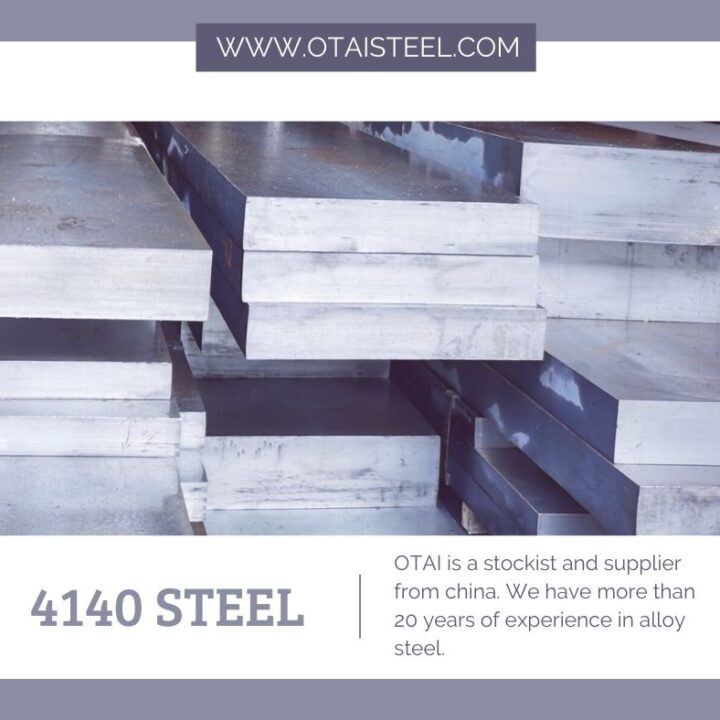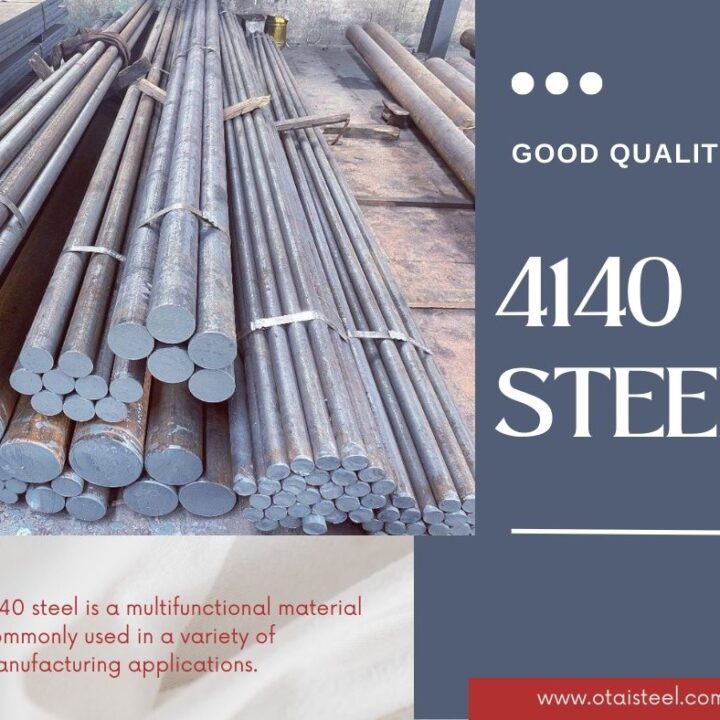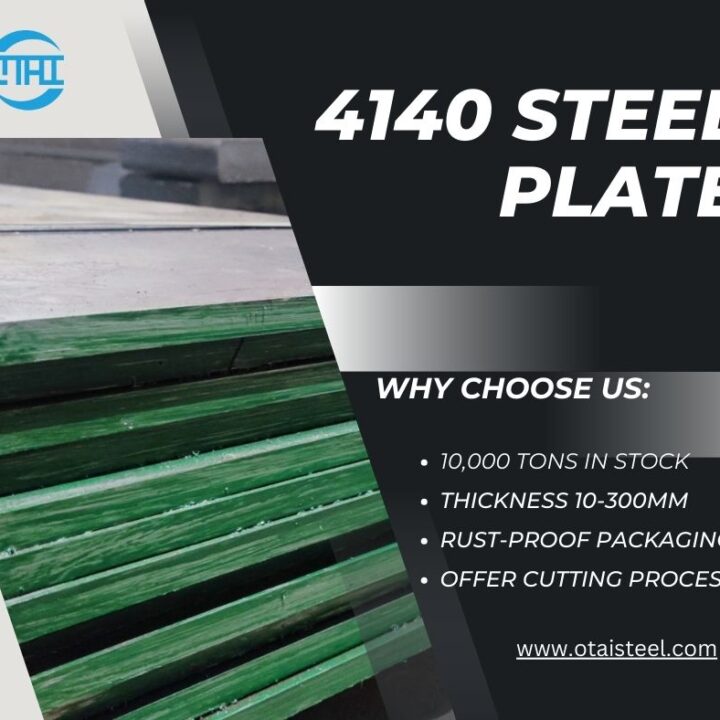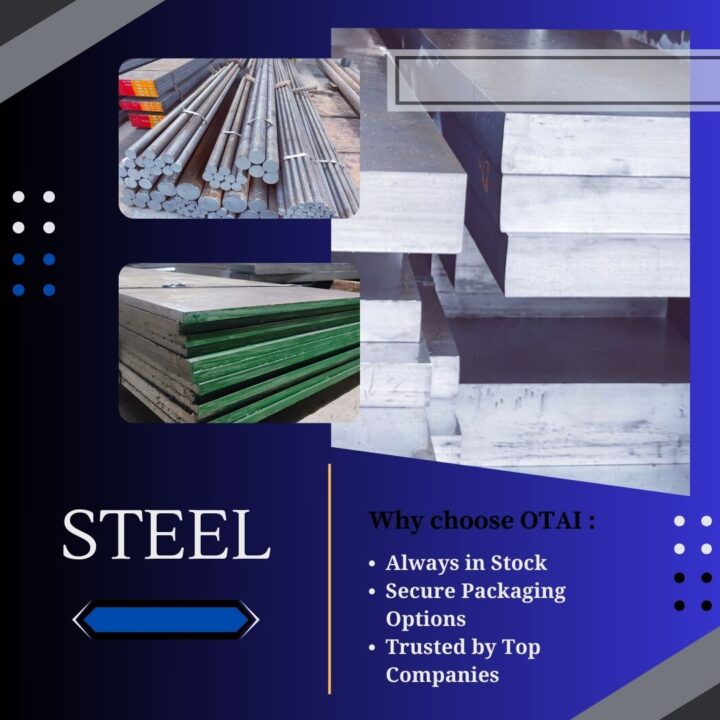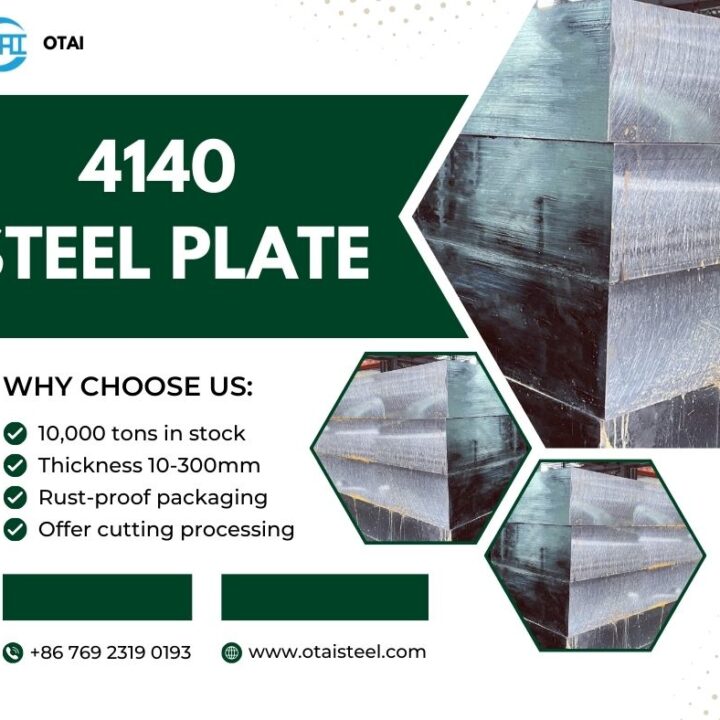The selection of appropriate materials is vital in engineering applications, and steel alloys have long been favored for their versatility and mechanical properties. Two popular steel alloys, 4140 steel and 4340 steel, are widely used in various industries due to their exceptional properties.
Understanding 4140 Steel and 4340 Steel Alloys
- Overview of 4140 Steel
4140 steel is a low-alloy steel containing chromium and molybdenum. It is renowned for its high tensile strength and excellent toughness, making it suitable for numerous engineering applications.
- Overview of 4340 Steel
4340 steel is a nickel-chromium-molybdenum alloy known for its outstanding strength and ductility. Its unique properties make it ideal for applications that require high fatigue resistance and impact strength.
Chemical Composition and Alloying Elements
Composition of 4140 Steel
- Carbon (C): 0.38%-0.43%
- Chromium (Cr): 0.80%-1.10%
- Manganese (Mn): 0.75%-1.00%
- Molybdenum (Mo): 0.15%-0.25%
Composition of 4340 Steel
- Carbon (C): 0.38%-0.43%
- Chromium (Cr): 0.70%-0.90%
- Manganese (Mn): 0.60%-0.80%
- Molybdenum (Mo): 0.20%-0.30%
- Nickel (Ni): 1.65%-2.00%
Common Heat Treatment Processes
- Heat Treatment of 4140 Steel
Common heat treatment processes for 4140 steel include quenching and tempering to achieve the desired mechanical properties.
- Heat Treatment of 4340 Steel
4340 steel is typically heat treated through quenching and tempering or oil quenching and then tempered to enhance its mechanical properties.
Mechanical Properties of 4140 Steel
- Tensile Strength
The tensile strength of 4140 steel ranges from 850 MPa to 1000 MPa, making it a high-strength material.
- Yield Strength
The yield strength of 4140 steel is approximately 680 MPa to 900 MPa.
- Hardness
4140 steel typically exhibits a hardness range of 20 HRC to 25 HRC.
Mechanical Properties of 4340 Steel
- Tensile Strength
The tensile strength of 4340 steel falls within the range of 930 MPa to 1080 MPa, indicating its exceptional strength.
- Yield Strength
The yield strength of 4340 steel ranges from 740 MPa to 1000 MPa.
- Hardness
4340 steel typically exhibits a hardness range of 22 HRC to 28 HRC.
Strength and Toughness Comparison
4140 steel offers a good balance between strength and toughness, making it suitable for applications that require resistance to impact and mechanical stresses. On the other hand, 4340 steel provides even higher strength and superior ductility, making it an excellent choice for applications subjected to heavy loads and high-impact forces.
Wear Resistance and Machinability Comparison
While both alloys offer good wear resistance, 4140 steel has slightly better machinability compared to 4340 steel. The addition of nickel in 4340 steel can increase tool wear during machining operations, but it also enhances the alloy’s toughness and fatigue resistance.
Applications of 4140 Steel and 4340 Steel Alloys
- Industrial Machinery and Equipment
Both 4140 steel and 4340 steel find extensive use in the manufacturing of industrial machinery components, such as shafts, gears, and machine tool parts.
- Automotive Components
Automotive applications benefit from the high strength and impact resistance of 4140 steel and 4340 steel in components like crankshafts, axles, and transmission parts.
- Aerospace and Defense Applications
4340 steel is often preferred in aerospace and defense industries for critical components subjected to high loads and extreme conditions, such as aircraft landing gear and helicopter rotor shafts.
Engineers and designers must carefully assess their specific requirements to select the most suitable alloy for their applications, ensuring optimal performance and reliability.
